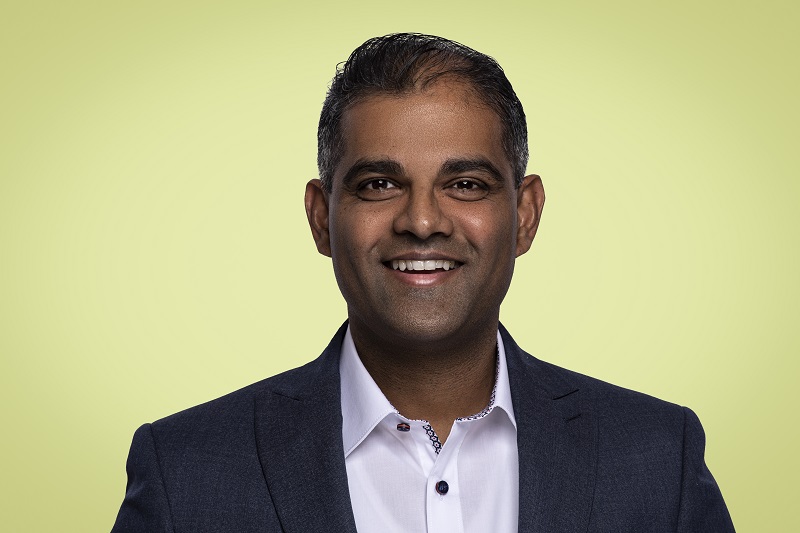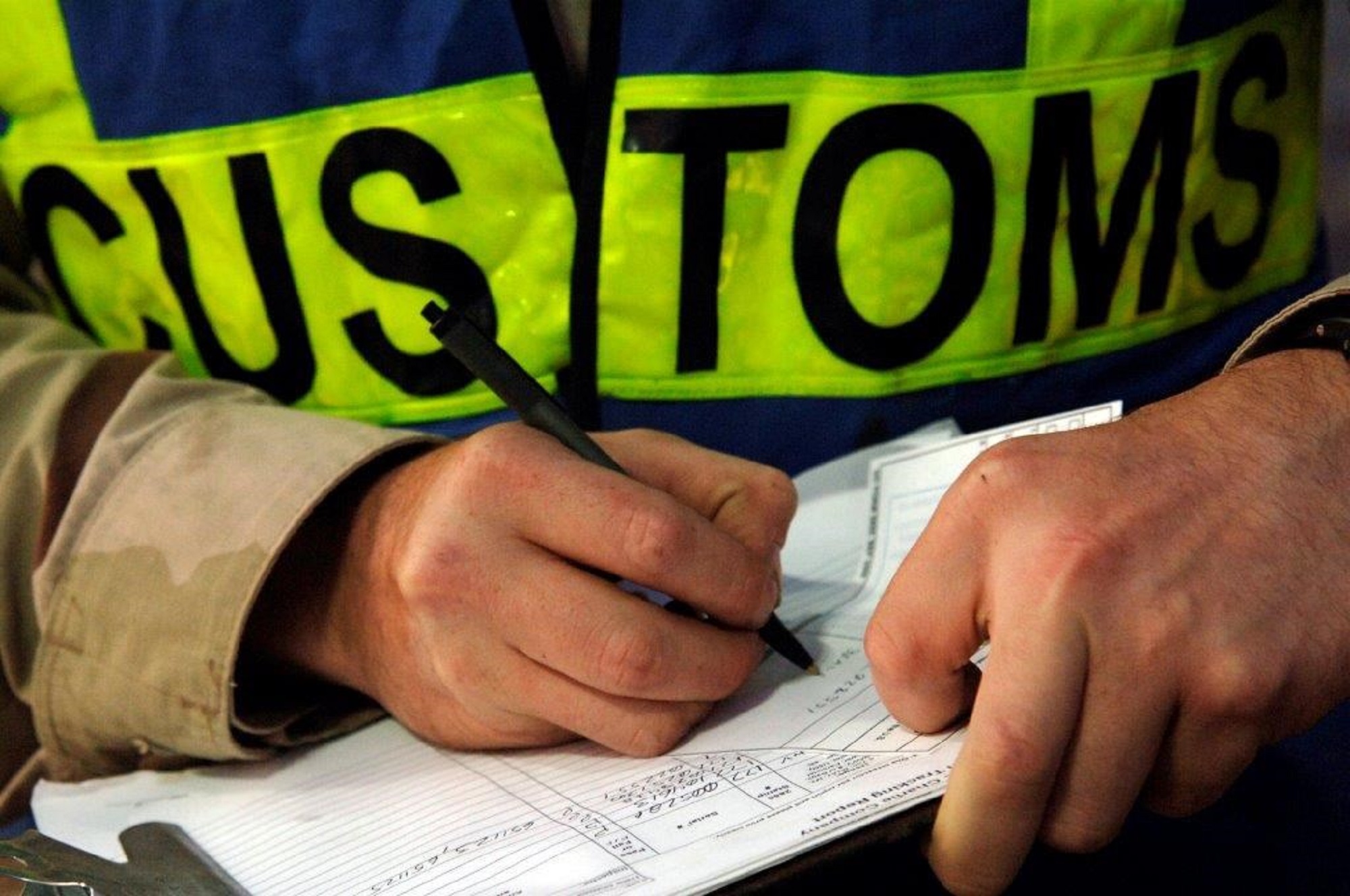Last week, the Court of Justice of the EU ruled on a case about the concept of fixed establishment in VAT (CJEU Dong Yang, no. C-547/18). In this procedure, the central question was whether the mere existence of a subsidiary in a Member State can lead to a VAT fixed establishment for the parent company established in another country. In addition, there was also the question whether a service provider needs to investigate the contractual relationship between a parent company and its subsidiary to determine whether the subsidiary is a fixed establishment for VAT purposes.
We believe there are substantial practical consequences resulting from the judgement of the Court of Justice of the EU. In this article, we briefly address the case and discuss the possible implications for your business.
Facts of the case
Dong Yang is a Polish entrepreneur that assembles printed circuit boards for a Korean company (‘LG Korea’). Given that LG Korea has indicated that it does not have a VAT fixed establishment in Poland, Dong Yang issues invoices for the assembly services without charging Polish VAT.
The Polish tax authorities have the opinion that Dong Yang does owe Polish VAT though. Their position is that LG Korea’s subsidiary in Poland (‘LG Poland’) should be regarded as a VAT fixed establishment of LG Korea. The assembly services are therefore done for the Polish VAT fixed establishment of LG Korea, and not for the head office outside the EU. The inspector imposed a VAT assessment.
Judgement of the Court of Justice of the EU
In its judgement, the Court of Justice of the EU firstly indicates that the possibility cannot be excluded that an EU subsidiary of a parent company based outside the EU qualifies as a fixed establishment for VAT purposes. However, the existence of such a VAT fixed establishment cannot be derived from the mere fact that the parent company has a subsidiary. The assessment of whether there is a VAT fixed establishment actually depends on the question of whether the material conditions as laid down in the legislation and regulations have been met.
The Court of Justice of the EU has also found that a service provider such as Dong Yang is not required to investigate the contractual relationship between a parent company and its subsidiary to determine whether there is a fixed establishment for VAT purposes. Instead, Dong Yang can use the criteria as laid down in the VAT Implementing Regulation. These criteria include, amongst others, the nature and the use of the service provided, the contract between the service provider and the buyer, as well as the payment streams.
Practical importance
In our opinion, it follows from the judgement of the Court of Justice of the EU that the concept of fixed establishment in VAT is still very open to interpretation. The Court of Justice of the EU even explicitly leaves the option open that under certain conditions, a legally separate entity (subsidiary) qualifies as a VAT fixed establishment of the parent company. We know from experience that different foreign tax authorities seize on such considerations to confirm that there is a VAT fixed establishment, and therefore local VAT could be owed.
It is also important for your business to determine whether the use of human and technical resources in other countries will result in a foreign fixed establishment for VAT purposes. With a view to the judgement of the Court of Justice of the EU on Dong Yang, this is also important if these resources belong to a subsidiary. We note that the presence of a fixed establishment can have a major effect on whether VAT is payable, the deduction of input VAT, administrative obligations and VAT registrations.
If you have questions or would like advice about your foreign activities, please contact us.
This content was published more than six months ago. Because legislation and regulation is constantly evolving, we recommend that you contact your Baker Tilly consultant to find out whether this information is still current and has consequences (or offers opportunities) for your situation. Your consultant will be happy to discuss the latest state of affairs with you.





